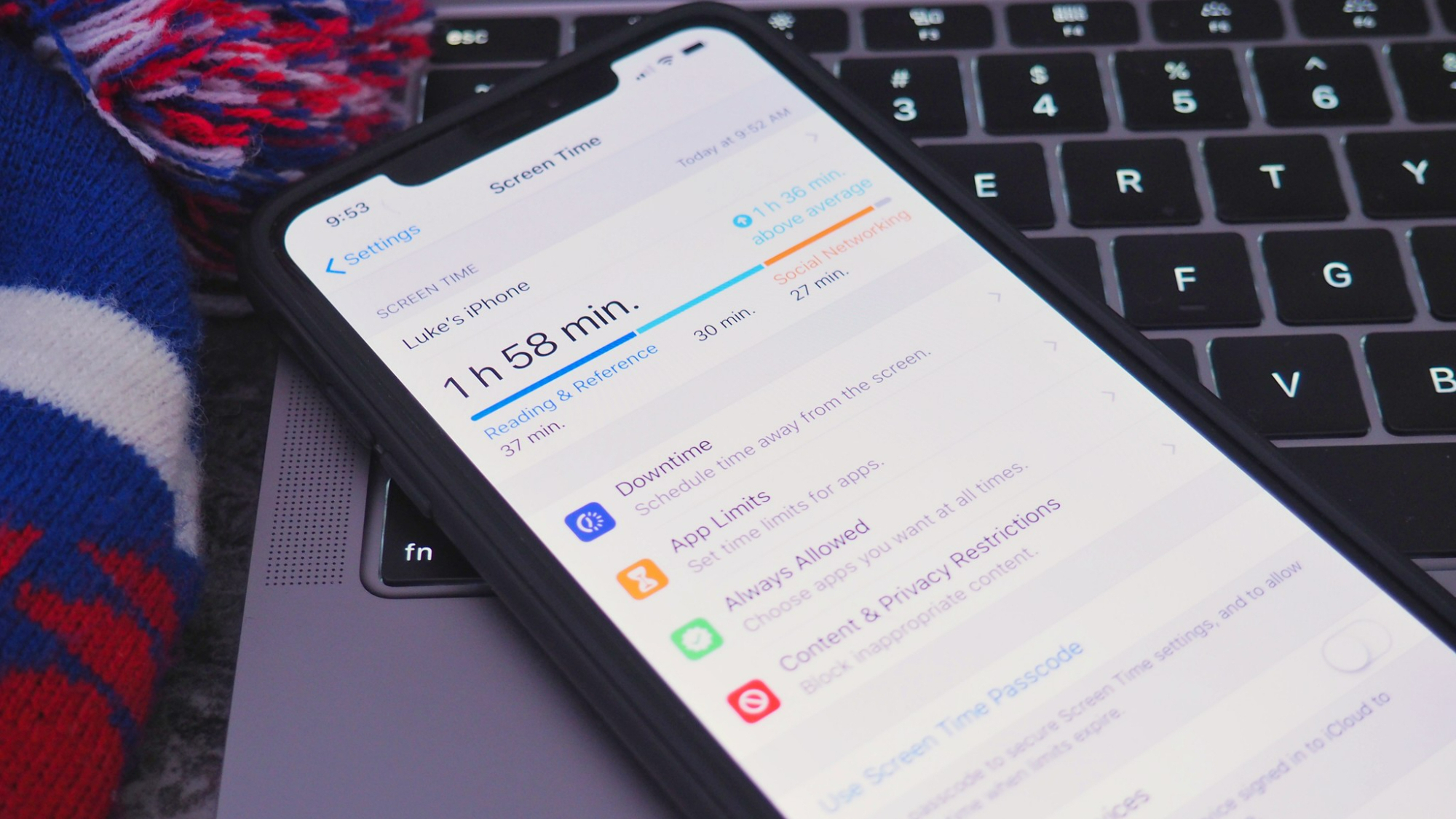Apple admits key iPhone & iPad parental controls don't always work
Apple’s Screen Time just isn’t working properly.

Apple has admitted that one of its main parental control features isn’t behaving as expected, but it did say that it’s working to improve matters.
The Screen Time feature is designed to allow parents to control how much time their children spend using their iPhones and iPads. The expected behavior is that devices would stop functioning, or apps would refuse to launch unless authorized by a parent, after a set time. However, that isn’t necessarily happening in all cases.
Currently, parents are reporting that any changes they make to Screen Time settings aren’t always being saved, potentially leaving kids with unfettered access to their devices.
A persistent bug
The Wall Street Journal’s report on the bug notes that Apple believed it to have been fixed with May’s iOS 16.5 release. However, it’s still a problem afflicting parents around the globe — and continues to be an issue for those running the iOS 17 beta, too.
“We are aware that some users may be experiencing an issue where Screen Time settings are unexpectedly reset,” an Apple spokeswoman told the WSJ. “We take these reports very seriously and we have been, and will continue, making updates to improve the situation.”
Users report that changes made to their kids’ Screen Time settings don’t always get applied to their devices, reverting to their previous configuration. Worse, it appears that the settings are sometimes rendered entirely useless — effectively turning them off.
While there are third-party apps that offer similar functionality, parents shouldn’t have to use them to fix a bug that fundamentally breaks Apple’s implementation. Parents around the world will hope that a fix is forthcoming, preferably before iOS 17 ships this fall.
iMore offers spot-on advice and guidance from our team of experts, with decades of Apple device experience to lean on. Learn more with iMore!
Alongside Screen Time, Apple offers parental controls such as content and privacy restrictions, limits on purchases, and more. The company has also developed a tool that can detect and prevent the sending and receiving of explicit materials over iMessage and texts.

Oliver Haslam has written about Apple and the wider technology business for more than a decade with bylines on How-To Geek, PC Mag, iDownloadBlog, and many more. He has also been published in print for Macworld, including cover stories. At iMore, Oliver is involved in daily news coverage and, not being short of opinions, has been known to 'explain' those thoughts in more detail, too.
Having grown up using PCs and spending far too much money on graphics card and flashy RAM, Oliver switched to the Mac with a G5 iMac and hasn't looked back. Since then he's seen the growth of the smartphone world, backed by iPhone, and new product categories come and go. Current expertise includes iOS, macOS, streaming services, and pretty much anything that has a battery or plugs into a wall. Oliver also covers mobile gaming for iMore, with Apple Arcade a particular focus. He's been gaming since the Atari 2600 days and still struggles to comprehend the fact he can play console quality titles on his pocket computer.
